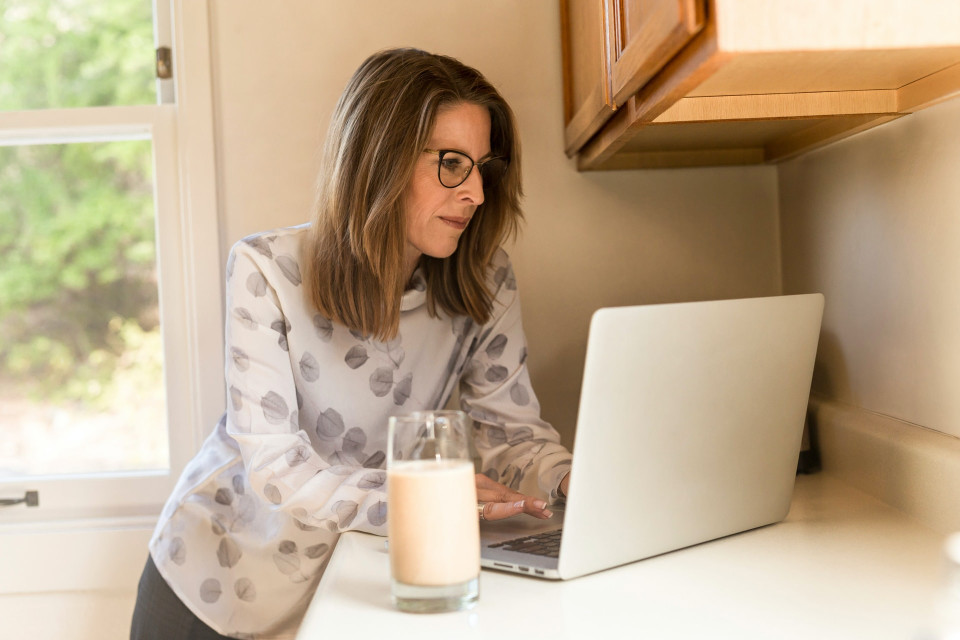Some 36% of UK workers are now skipping more breaks than last year, new survey data can reveal.
The Digital Detox survey, conducted by Just Eat for Business, uncovers workers’ habits towards breaks and computer use, focusing on screen time. The study also includes expert comments on the mental impact of skipping breaks, and offers advice on how to combat it.
The survey included responses from over 200 UK workers, and were segmented by job role (business owners/C-suite, management team and executive).
Responses revealed that over a third (36%) of office workers are now skipping more lunch breaks compared to last year.
Business owners and those in C-suite positions proved to be the most likely (44%) to skip more breaks now, while 1 in 10 at the same level report not taking any lunch breaks at all.
The survey also asked workers how often they put in overtime, with 25% of workers admitting that they put in overtime hours every single day.
When asking workers how they feel at work – and whether they experience burnout – the survey found that over two fifths (43%) of workers report feeling sometimes burnt out at work, while 13% of office workers feel in a constant state of burnout.
There appears to be a correlation between those who skip breaks and those who feel burnt out, with 73% of workers who report feeling burnout also admitting they don’t take a break until lunch, while 46% don’t stop looking at their screen until the end of the working day.
And with work from home advice now at the discretion of employers, the focus is on them to encourage regular breaks – whether at lunch or from screens – to avoid such mental health implications.
Dr Anneli Gascoyne, Associate Professor in Occupational Psychology at Goldsmiths University, weighs in on the impact of skipping breaks: “When we’re feeling behind on work, or perhaps the workload pile seems endless, there can be a strong temptation not to take a break. And, yes, sometimes we find ourselves in flow, that sweet spot where we’re getting work done and doing it well, and it can be counterproductive to take a break in the middle of that flow, just because it happens to be the prescribed ‘lunch hour’.
“But trying to maintain focus for long periods of time is also counterproductive: over time, we’re depleting our mental energy and often don’t notice that happening. By skipping lunch we’re potentially making that situation worse – we need food (preferably the fresh and healthy kind!) to help restore our energy.”
Rosie Hyam, People Partner at Just Eat for Business, adds: “Regardless of how teams are working – whether it’s in the office, at home, or a hybrid solution – it’s essential to take regular breaks. Without these, it’s not surprising that so many workers are feeling more burnt out than before.
“Given the emphasis currently being placed on health and wellbeing, it’s important that employers and employees prioritise sustainable and healthy working habits – including taking more regular screen breaks, and setting time aside to socialise with colleagues.
“Organisations may want to consider organising regular events that encourage time away from screens, and offer opportunities for team bonding – such as weekly catered in-office lunches, or food deliveries for at-home workers.”















